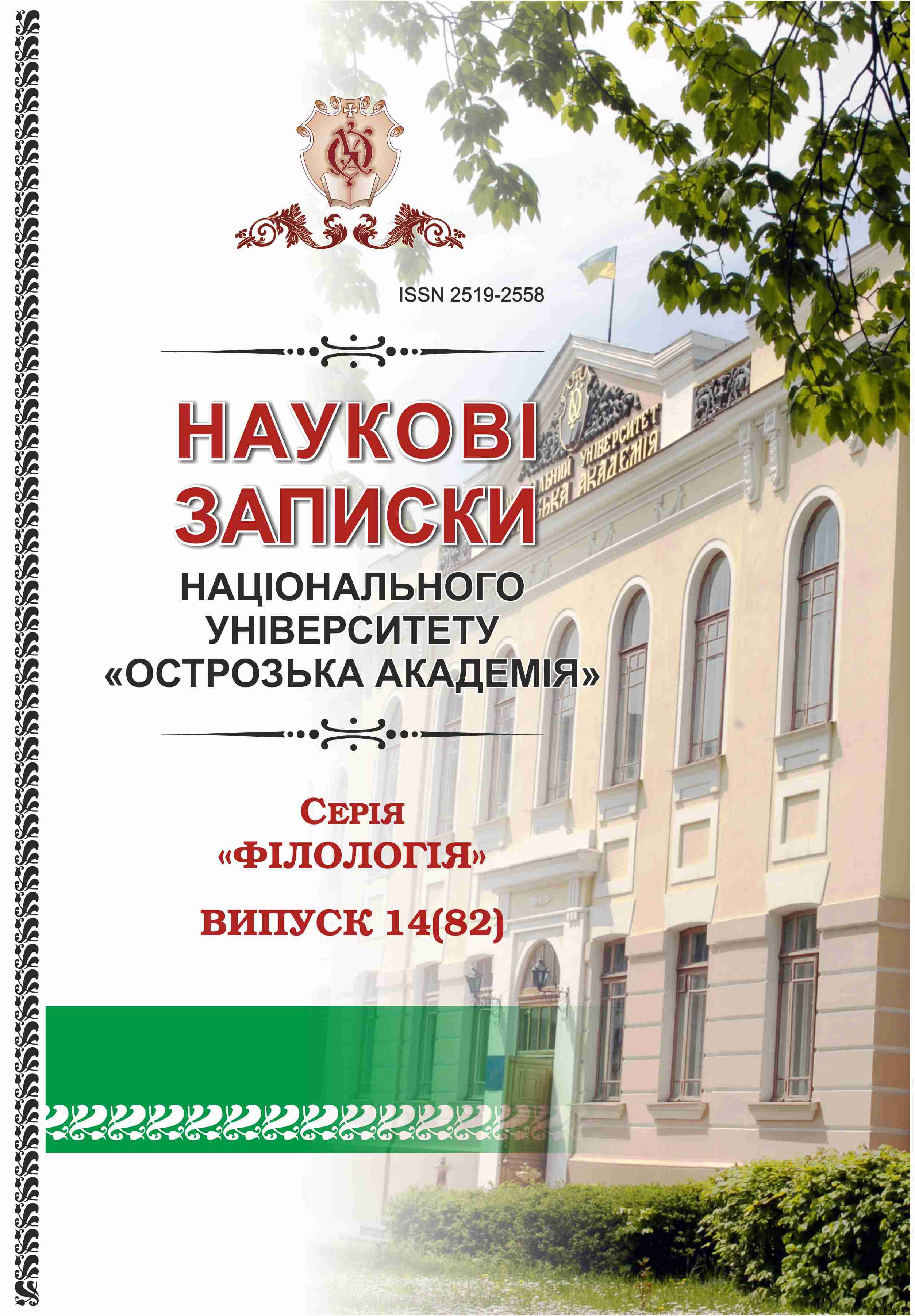THE EFFECTIVENESS AND FEASIBILITY OF USING INNOVATIVE TECHNOLOGIES AND THE IMPACT OF MULTIMEDIA TECHNOLOGIES OF STUDENTS OF NON-LANGUAGE UNIVERSITIES
Keywords:
higher school, educational process, foreign language, professional vocabulary, motivation, information technologies, qualified specialist, creative personalityAbstract
The article examines and analyzes the need to change the approach to teaching foreign languages in Ukrainian higher education schools, considers the impact of multimedia technologies on the development of intercultural competence of students of non-language universities. It was found, in particular, that the use of information technology in the teaching of foreign languages improves memory and creates prerequisites for the formation of creative personality in the classroom, ie informatization of higher education as such stimulates students to self-development, self-improvement and is a prerequisite appearance on the future labor market of a highly qualified specialist who is able to guarantee his professional success and career growth. The interdependence between the presence of a student's motivational component in learning and the result of mastering a foreign language has also been established. The article proves the effectiveness and feasibility of using innovative technologies to increase the level of communicative competence of students of non-language schools. There is an urgent need to move to qualitatively new forms of teaching material, which are due to the need of future professionals not only to have professional vocabulary, as an integral part of any language, but also to have skills for fluency in a foreign language within their professional activities. It is proposed to use such active forms of learning, which would be based on interactive methods, on the close relationship between teacher and student, ie student, through which he would become a successful creative person, a class specialist.

